New Delhi, May 19th 2025 – When a 69-year-old woman slipped into a minimally conscious state after a major stroke last year, her family began preparing for the worst. Doctors across cities told her son, who had flown in from abroad, that her chances of recovery were slim to none. She was unresponsive, unable to move, and showed only faint signs of awareness.
Today, she can sit up, track conversations, and respond with gestures. It is not a miracle. It is the outcome of timely neuro-rehabilitation, scientific precision, and relentless persistence.
This story, emerging during World Stroke Awareness Month, underscores a critical yet under-addressed truth in Indian stroke care. While emergency treatment can save lives, rehabilitation is what gives those lives meaning.
After multiple hospitals expressed helplessness, the patient was admitted to HCAH, India’s largest chain of recovery and rehabilitation hospitals. There, she underwent a medically supervised, multidisciplinary neuro-rehabilitation program led by specialists in Physical Medicine and Rehabilitation (PMR). Her treatment plan included Multimodal Sensory Stimulation, Hyperbaric Oxygen Therapy (HBOT), and advanced robotic and virtual therapies designed to activate dormant neural pathways and support functional recovery.
“We see too many lives plateau after emergency care simply because structured rehabilitation is not started in time,” said Dr. Gaurav Thukral, Co-Founder and Chief Operating Officer, HCAH. “Rehabilitation is a medical science, not just an extension of physiotherapy. At HCAH, our PMR-led model ensures that every therapy is medically prescribed and clinically timed. Whether it is exoskeleton-based gait training, end-effector robotics, virtual reality therapy, or HBOT, these interventions require specialist oversight and infrastructure not available in standard physiotherapy settings.”
“When recovery is guided by clinical expertise and advanced technology, as we practice at HCAH, even the most complex neurological conditions can show meaningful improvement.”
“In stroke care, we often say time is brain but that urgency must extend far beyond the emergency room or ICU,” said Dr. Varun Rehani, Consultant in Neurology, Centre for Neurosciences, Advanced Aneurysm Treatment, Epilepsy, Parkinson’s Disease, BLK-Max Super Speciality Hospital, Delhi. “For patients who enter a minimally conscious state, the early weeks of rehabilitation are not just important, they are critical. The golden 90-day window after a stroke is when the brain’s neuroplasticity is at its highest. Intervening during this time can significantly influence long-term recovery.”
“Delaying rehabilitation risks losing that vital opportunity. Early, intensive, and scientifically guided care that includes neurostimulation and evidence-based therapies can dramatically improve outcomes. Stroke care does not end with survival. It begins with structured rebuilding.”
The woman was diagnosed with a Disorder of Consciousness (DOC), a condition often misunderstood as irreversible. Her progress aligns with emerging global and Indian evidence highlighting the role of early neuroplastic stimulation in recovery.
Dr. Arunav Sharma, Associate Consultant, Neurosurgery, Sir Ganga Ram Hospital, added, “Patients with impaired consciousness are frequently written off. But the brain may still retain the ability to respond if the right areas are stimulated. Through Multimodal Sensory Stimulation, we engage various senses including touch, movement, sound, smell, taste, and vision to activate dormant neural networks. This approach can open up new possibilities in neuro-recovery.”
Week by week, signs of improvement emerged. The patient blinked on command. She began to respond to voices with subtle movements. Eventually, she reached out for her son’s hand a gesture that once felt impossible.
With more than 1.8 million stroke cases annually, India is witnessing a sharp rise in post-stroke disability. Yet, structured rehabilitation particularly when led by PMR experts remains underutilized in most parts of the country.
As India marks World Stroke Awareness Month, this story stands as a reminder of what is possible when rehabilitation is not just timely but clinically guided. Because sometimes, the right therapy at the right time is not just about recovery—it is about restoring connection, dignity, and a second chance at life.
